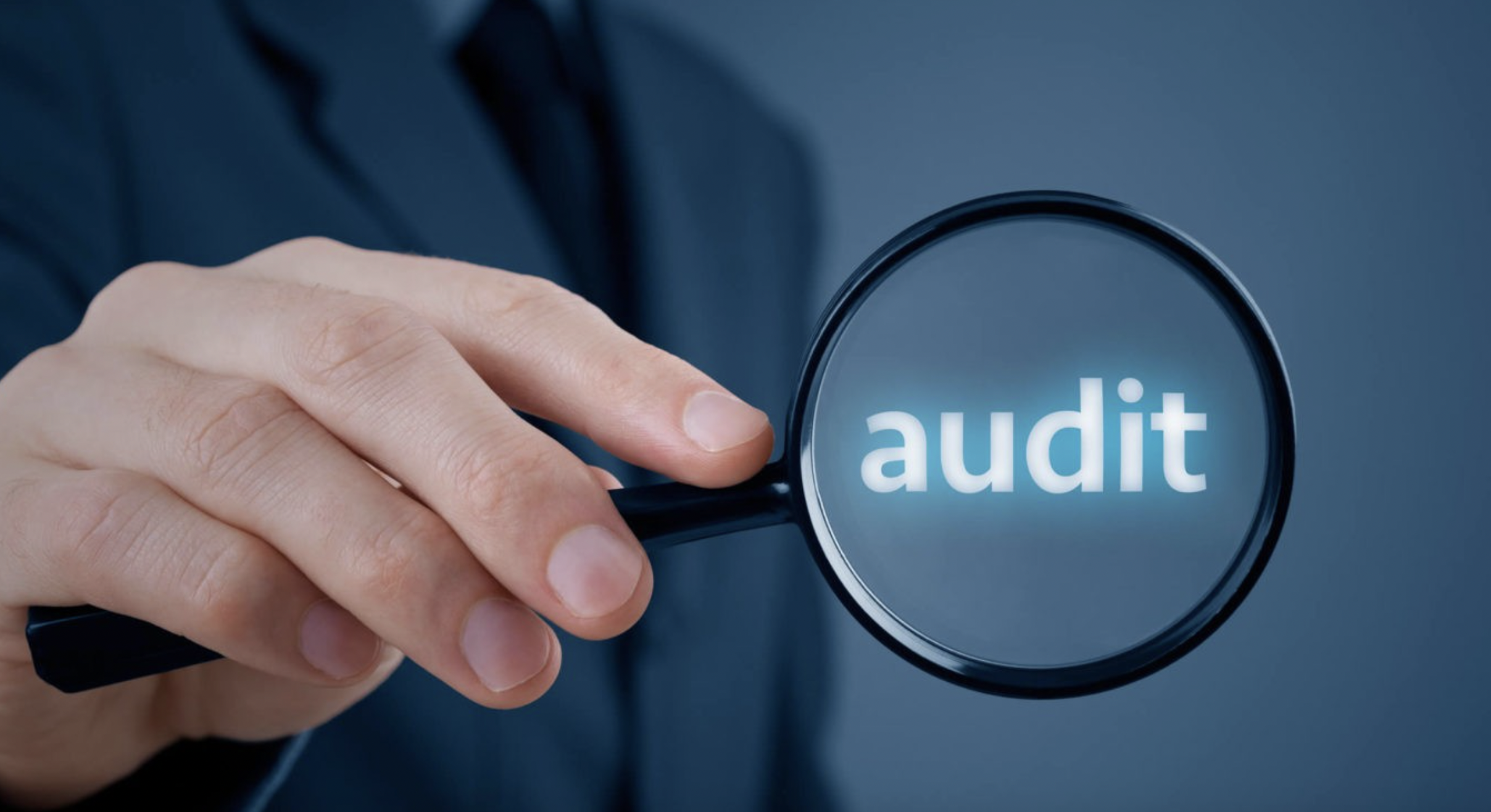
Legal due diligence of a company: what should a business owner check regularly?
Legal due diligence is not just about checking documents. It is about preventing risks, protecting the interests of the business owner and ensuring the legal security of the company. In today's environment of changing legislation, growing pressure from regulatory authorities and litigation risks regular legal audit is an essential tool for stable operation and business development.
In this article, we'll figure it out, what exactly needs to be checked during the audit, what problems it reveals, and how often it should be conducted.
What is legal due diligence?
Legal due diligence is a comprehensive check of the legal status of a business, covering:
-
corporate documents;
-
contractual framework;
-
personnel documents;
-
tax risks;
-
assets;
-
interaction with government agencies;
-
current or potential litigation.
The purpose of the audit is to identify problem areas, prevent fines, inspections, and lawsuits or loss of assets.
Who needs a legal audit?
-
For small, medium and large business owners
-
To investors before buying a share/shares
-
For companies entering new markets
-
Businesses preparing for an audit or litigation
-
Participants in corporate conflicts
-
Clients who want to be sure of the legal "purity" of their business
What should a business owner check regularly?
1. Charter documents and registration data
-
Compliance of the Charter with the current legislation (in particular, amendments to the Law "On LLC")
-
Director's powers and restrictions on representation
-
Data in the USR: types of activities (KVED), participants, beneficiaries
-
No corporate conflicts or risks of raiding
Why is it important? Inconsistencies in documents may render transactions invalid or create prerequisites for litigation.
2. Contractual framework
-
Standard contracts with clients, contractors, and partners
-
Availability of penalties, termination mechanisms, force majeure
-
Fulfillment of contractual terms by counterparties
-
Risks of challenging contracts in court
Why is it important? Unspecified details often lead to conflicts and losses.
3. Labor documents
-
Availability and correctness of labor contracts
-
Preparation of staffing table and job descriptions
-
Maintaining personnel records, journals
-
Legality of dismissals, transfers, and penalties
-
Compliance of remuneration with minimum guarantees
Why is it important? Violation of labor laws is one of the main grounds for inspections and fines.
4. Tax risks
-
Compliance with accounting requirements, primary documentation
-
VAT, income tax, single tax issues
-
No schemes that can be recognized as fictitious
-
Analysis of court practice in similar cases
Why is it important? Tax charges, blocking of tax invoices, fines are a frequent threat to business.
5. The right to intellectual property
-
Registration of trademarks, logos, domains
-
Copyrights to software, content, and marketing
-
Contracts with contractors for the transfer of IP
-
No risk of violation of other people's rights
Why is it important? Without proper registration, you are not the owner of key business assets.
6. Analysis of court cases and pre-trial disputes
-
Availability of open proceedings
-
Claims by or against counterparties
-
Possibility to settle disputes without court
-
Compliance of the company's actions with court practice
Why is it important? Even old claims or forgotten disputes can resurface at the worst possible time.
How often do you need to conduct a legal audit?
-
1 time per year - for a stable business
-
Quarterly - for companies that are actively changing, attracting investments or working with risky markets
-
Before important events: sale of business, change of shareholders, reorganization, large transaction, tax audit
What does an audit from Axel Legal look like?
-
Meeting and briefing with the owner or manager
-
Collection and analysis of documents
-
Identification of risks and problem areas
-
Written report with recommendations
-
Elimination of violations, development of new documents
-
Support - subscription or one-time
Bottom line.
Legal due diligence is a tool that allows a business owner to sleep peacefully, make informed decisions і protect your company from risks. This is not an expense, but an investment in stability and the future.
Do not postpone the audit for "later" errors detected in time are ten times cheaperrather than trying to fix the consequences.
Do you need an audit of your business?
Team. Axel Legal will conduct a full audit, find weaknesses and help close all legal loopholes.
Leave a request and we will contact you shortly.


